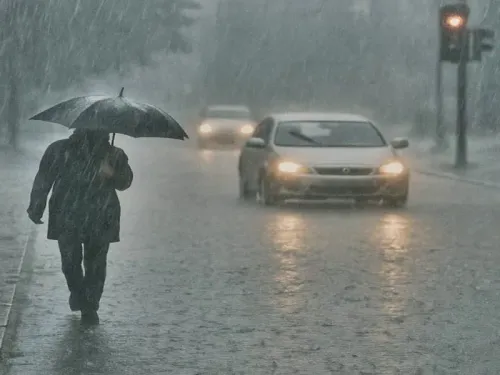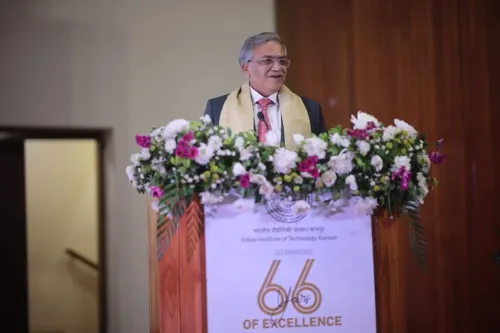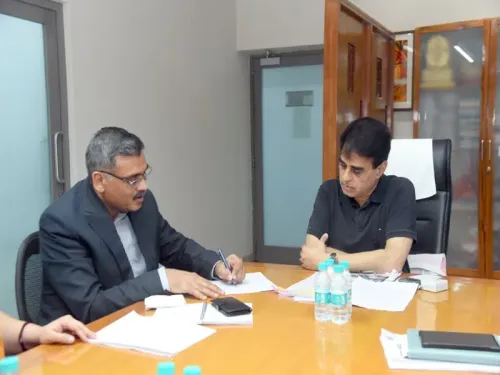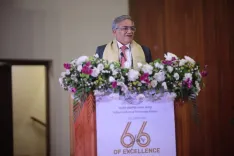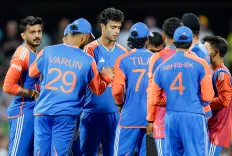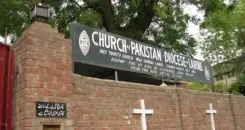Shivraj Singh Chouhan Advocates for PM Modi's 'One Nation One Election' Initiative
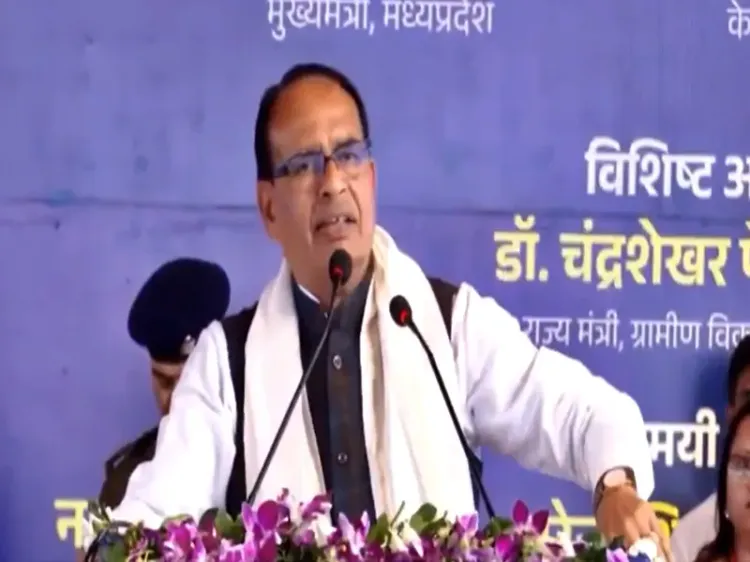
Synopsis
Key Takeaways
- Shivraj Singh Chouhan supports 'One Nation One Election'.
- Multiple elections hinder development.
- Amendment to the Constitution may be required.
- High-Level Committee Report provides a roadmap.
- Proponents argue for efficiency and cost reduction.
Bhopal, Feb 18 (NationPress) Union Minister Shivraj Singh Chouhan on Tuesday sought support for Prime Minister Narendra Modi's 'One Nation One Election' vision, emphasizing that the current system of multiple elections hinders development.
While addressing the Centre's initiative National Geospatial Knowledge-based Land Survey of Urban Habitations (NAKSHA) in Madhya Pradesh's Raisen district, he stated: 'The time has come to adopt 'One Nation One Election' in the country.'
Union Minister Chouhan asserted that PM Modi has initiated a progressive change for the nation’s electoral framework, deserving the backing of all citizens.
'Let us pledge to support Prime Minister Narendra Modi for his campaign 'One Nation One Election' in the country. The One Nation One Election Bill should be passed by Parliament,' he remarked.
A four-time former Chief Minister of Madhya Pradesh and Union Minister of Rural Development and Agriculture and Farmers' Welfare, Chouhan suggested that an amendment to the Constitution of India is necessary to implement the One Nation One Election process.
According to the Ministry of Law and Justice, the concept of 'One Nation One Election' is crucial for India's democratic structure, which thrives on an active electoral process that allows citizens to influence governance at all levels.
'Since independence, over 400 elections to the Lok Sabha and State Legislative Assemblies have highlighted the Election Commission of India's commitment to fairness and transparency. However, the frequent and fragmented elections have raised questions about the need for a more efficient system, reviving interest in the 'One Nation, One Election' concept,' it noted.
The High-Level Committee Report on Simultaneous Elections in India, published in 2024, laid out a detailed strategy for realizing this vision.
Its recommendations received the Union Cabinet's approval on September 18, 2024, marking a pivotal moment for electoral reform. Advocates believe this system could improve administrative efficiency, cut election-related costs, and encourage policy continuity.
As India aims to refine governance and enhance its democratic practices, the 'One Nation, One Election' concept has surfaced as a significant reform that warrants careful consideration and agreement.

